
Al Jolson
Birth : 1886-05-26, Seredzius, Lithuania
Death : 1950-10-23
History
From Wikipedia, the free encyclopedia
Al Jolson (May 26, 1886 – October 23, 1950) was a Lithuanian singer, comedian and actor. In his heyday, he was dubbed "The World's Greatest Entertainer".He was born in the Russian Empire (the part of which is now in Lithuania) and emigrated to America at the age of five with his Jewish parents.
His performing style was brash and extroverted, and he popularized a large number of songs that benefited from his "shamelessly sentimental, melodramatic approach". Numerous well-known singers were influenced by his music, including Bing Crosby Judy Garland, rock and country entertainer Jerry Lee Lewis, and Bob Dylan, who once referred to him as "somebody whose life I can feel". Broadway critic Gilbert Seldes compared him to "the Great God Pan," claiming that Jolson represented "the concentration of our national health and gaiety."
In the 1930s, he was America's most famous and highest paid entertainer. Between 1911 and 1928, Jolson had nine sell-out Winter Garden shows in a row, more than 80 hit records, and 16 national and international tours. Although he's best remembered today as the star in the first (full length) talking movie, The Jazz Singer in 1927, he later starred in a series of successful musical films throughout the 1930s. After a period of inactivity, his stardom returned with the 1946 Oscar-winning biographical film, The Jolson Story. Larry Parks played Jolson with the songs dubbed in with Jolson’s real voice. A sequel, Jolson Sings Again, was released in 1949, and was nominated for three Oscars. After the attack on Pearl Harbor, Jolson became the first star to entertain troops overseas during World War II, and again in 1950 became the first star to perform for G.I.s in Korea, doing 42 shows in 16 days. He died just weeks after returning to the U.S., partly due to the physical exertion of performing. Defense Secretary George Marshall afterward awarded the Medal of Merit to Jolson's family.
He enjoyed performing in blackface makeup – a theatrical convention since the mid-19th century. With his unique and dynamic style of singing black music, like jazz and blues, he was later credited with single-handedly introducing African-American music to white audiences. As early as 1911 he became known for fighting against anti-black discrimination on Broadway. Jolson's well-known theatrics and his promotion of equality on Broadway helped pave the way for many black performers, playwrights, and songwriters, including Cab Calloway, Louis Armstrong, Duke Ellington, Fats Waller, and Ethel Waters.
Description above from the Wikipedia article Al Jolson, licensed under CC-BY-SA, full list of contributors on Wikipedia.
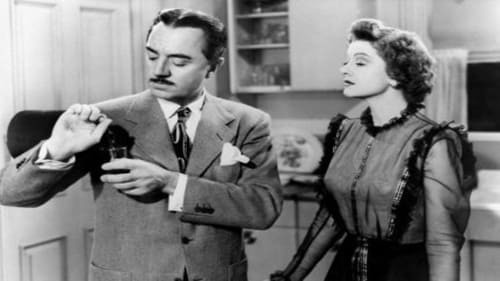
(archive footage)
This tribute to Myrna Loy is organized chronologically with a few photographs, many film clips, a handful of personal appearances, and a detailed commentary delivered on camera by Kathleen Turner. Turner walks us through Loy's career as a dancer and an actress miscast as an exotic. She comes into her own as a grown-up women: shrewd, funny, decorous, and sexy - in "Manhattan Melodrama" and "The Thin Man." Her volunteer work during World War II, later stage work, and progressive politics come in for admiration as well. It's her style - seen best in her roles as a wife of charm and independence - that's captured and celebrated here.

(archive footage)
Robert Preston hosts this documentary that shows what people of the 1930s were watching as they were battling the Depression as well as eventually getting ready for another World War.

Archive Footage
While a few Hollywood celebrities such as James Stewart and Clark Gable saw combat during World War II, the majority used their talents to rally the American public through bond sales, morale-boosting USO tours, patriotic war dramas and escapist film fare. Comedian David Steinberg plays host for this star-studded, 90-minute documentary, which looks at the way Tinseltown helped the United States' war effort.

(archive footage)
Documentary about Salsa music with interviews with major Latin stars
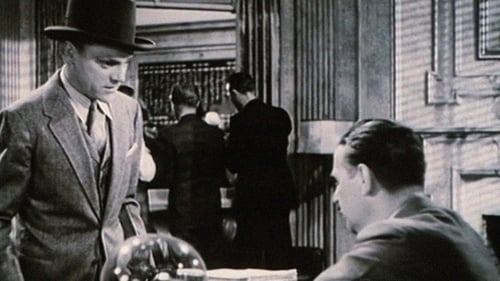
Self (archive footage)
Period music, film clips and newsreel footage combined into a visual exploration of the American entertainment industry during the Great Depression.

(archive footage)
NBC's pioneering documentary series, produced by the David L. Wolper Production Company, in association with United Artists Television. Each 30-minute show concentrated on a Hollywood genre, film or legendary star. This series ran from September 30, 1963 until May 18, 1964, and many of its individual episodes were released into the home gauge market in shortened form. Certain episodes would focus on films being made at the time, notably Preminger's The Cardinal and Huston's Night of the Iguana.

Self (archive footage)
A documentary of Hollywood's first great Latin Lover, the contradictions in his personal life, and his premature death.
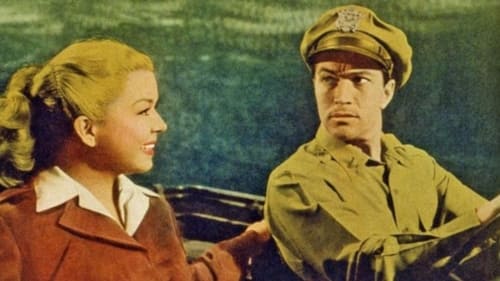
Al Jolson (archive footage) (uncredited)
A trio of singers is entertaining wounded soldiers of WWII. They encourage a mutilated soldier in his love to a nurse.

Himself (archive footage)
Feature-length compilation of 1920s newsreel footage, with commentary about news, sports, lifestyles, and historical figures.
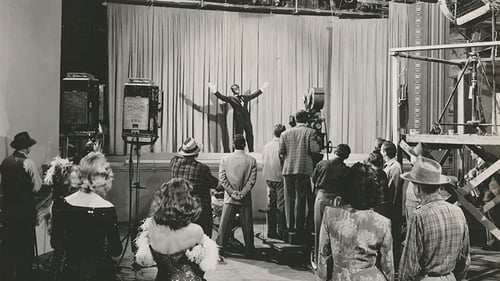
Himself (singing voice) (uncredited)
In this sequel to The Jolson Story, we pick up the singer's career just as he has returned to the stage after a premature retirement. But his wife has left him and the appeal of the spotlight isn't what it used to be. This time Jolson trades in the stage for life in the fast lane: women, horses, travel. It takes the death of Moma Yoelson and World War II to bring Jolson back to earth - and to the stage. Once again teamed with manager Steve Martin, Jolson travels the world entertaining troops everywhere from Alaska to Africa. When he finally collapses from exhaustion it takes young, pretty nurse Ellen Clark to show him there's more to life than "just rushing around".

This short was released in connection with the 20th anniversary of Warner Brothers' first exhibition of the Vitaphone sound-on-film process on 6 August 1926. The film highlights Thomas A. Edison and Alexander Graham Bell's efforts that contributed to sound movies and acknowledges the work of Lee De Forest. Brief excerpts from the August 1926 exhibition follow. Clips are then shown from a number of Warner Brothers features, four from the 1920s, the remainder from 1946/47.
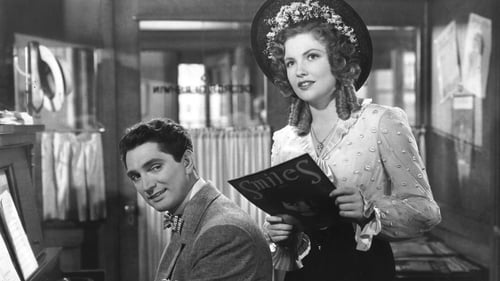
Himself
Fictionalized biography of George Gershwin and his fight to bring serious music to Broadway.
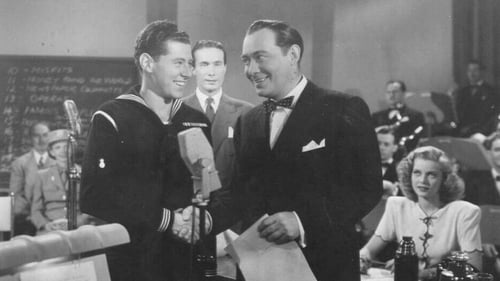
Himself
A young husband becomes a game-show participant in the hopes of winning the cash to pay his pregnant wife's doctor.
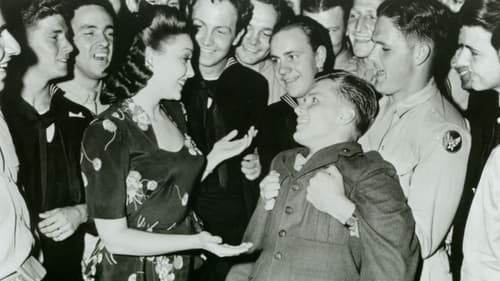
Self
A multi-studio effort to show the newsreel audience the progress of the Hollywood war effort.

Himself (segment 'The Jazz Singer') (archive footage)
This short traces the history of sound in the movies, beginning with French scientist Leon Scott's experiments in 1857. Featured are snippets from early sound pictures.
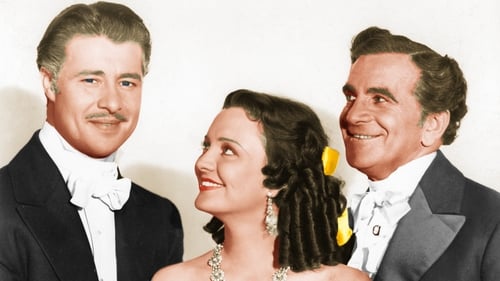
Edwin P. Christy
Swanee River is a 1940 American biopic about Stephen Foster, a songwriter from Pittsburgh who falls in love with the South, marries a Southern girl, then is accused of sympathizing when the Civil War breaks out. Typical of 20th Century Fox biopics of the time, the film is more fictional than factual biography.
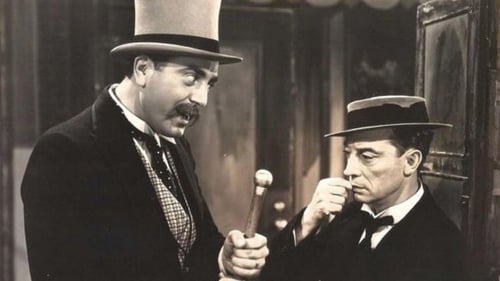
Al Jolson
Starting in 1913 movie director Connors discovers singer Molly Adair. As she becomes a star she marries an actor, so Connors fires them. She asks for him as director of her next film. Many silent stars shown making the transition to sound.
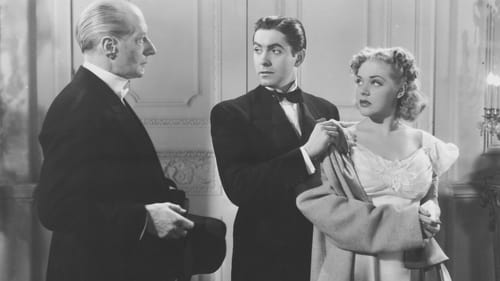
Ted Cotter
Rose Sargent, a Roaring '20s singer, becomes a Ziegfeld Follies star as her criminal husband gets deeper in trouble.

Al Jolson
Ice skating is the theme; at the Tropical Ice Garden, in Westwood Hills, are seen a flock of skating stars including Irene Dare and Phyllis Ann Thomoson, as well as Hollywood luminaries such as Franklyn Pangborn, Norma Shearer, Rita Hayworth, Mickey Rooney, Dick Purcell and Ann Sheridan.
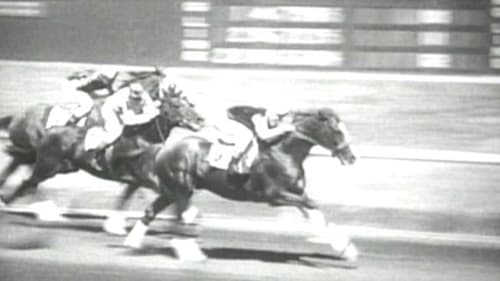
Himself
A group of stable hands is given a race horse when its owner retires from the business. They raise money to run the horse in the Hollywood Derby at Santa Anita race track. Many Hollywood personalities attend the event.

Self (uncredited)
A tour of Hollywood, featuring such star frequented spots as the Vendome, the Lakeside Golf Club, the West Side Tennis Club, the Santa Anita Racetrack, the Ambassador Hotel's Cocoanut Grove, the Biltmore Bowl, and the American Legion Stadium.

Al Jolson (uncredited)
Orphaned horse-trainer's little daughter has reciprocated bond with horse, which needs her presence to win races.
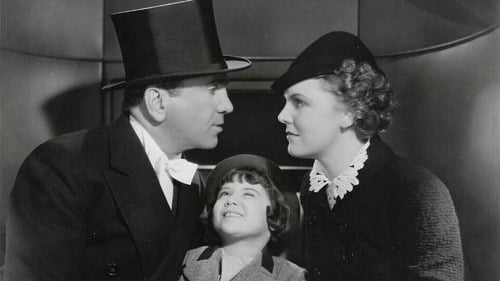
Al Jackson
Neurotic Broadway star Al Jackson faces professional ruin when he loses his voice. While recuperating in the country, he falls in love with farm girl Ruth Haines, the pretty aunt of precocious little Sybil Haines.

Al Howard
An irresponsible Broadway star gets mixed up with gambling and gangsters.

Self
A short promotional film about Ruby Keeler and her upcoming film "Flirtation Walk." It provides a brief look at her career on Broadway, early films, and personal life away from the studio before showing a trailer for the new film.
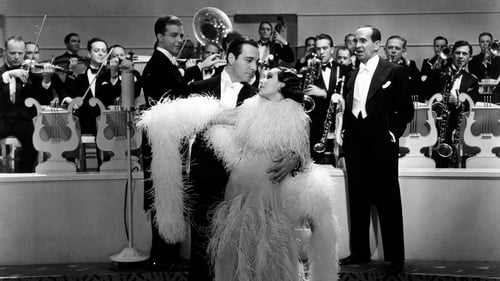
Al Wonder
Harry and Inez are a dance team at the Wonder Bar. Inez loves Harry, but he is in love with Liane, the wife of a wealthy business man. Al Wonder and the conductor/singer Tommy are in love with Inez. When Inez finds out that Harry wants to leave Paris and is going to the USA with Liane, she kills him.
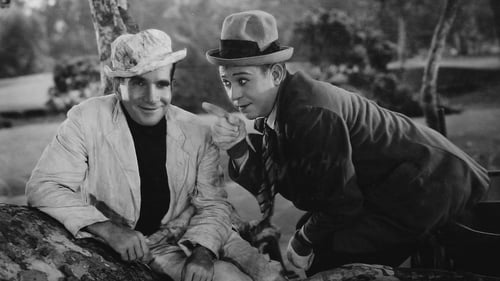
Bumper
A New York tramp falls in love with the mayor's amnesiac girlfriend after rescuing her from a suicide attempt.

Gus
Gus, the trusty family retainer, has hopes of riding his boss' horse, Big Boy, to victory at the Kentucky Derby.
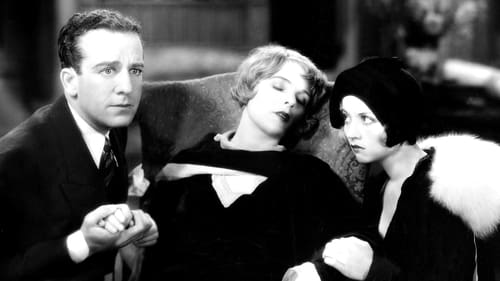
Al Jolsen
Broadway actress leaves New York to become a star in Hollywood, and succeeds despite sleazy directors and her own ego.

Al Fuller
Mammy features Al Jolson as the star of a travelling minstrel show, appearing in a small Southern town. Jolson falls in love with an actress in the troupe (Lois Moran), but she loves another. One of Jolson's fellow minstrels (Lowell Sherman) is shot backstage, and it is assumed thanks to several plot convolutions that Jolson is guilty of the deed.
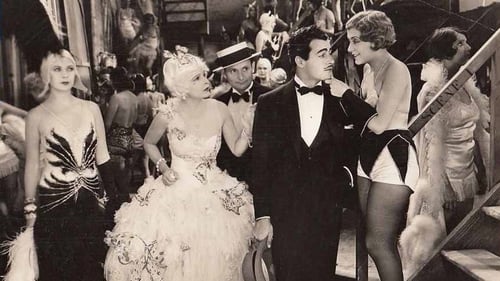
Al Jolson
Show girl Jill Deverne is married to song writer Fred Deverne, and everyone is involved in the Broadway night life and endless parties. Jill is being pursued by a gangster, and she leaves her husband after he spends the night with a floozie. Jill ends up as the gangster's moll, but she soon gets tired of the lifestyle.

Joe Lane
Joe Lane, radio entertainer and songwriter, learns that the manager of the studio, Arthur Phillips, has made improper advances to his wife, Katherine. Infuriated, Lane engages him in a fight, and the encounter results in Phillips' accidental death. Joe goes to prison for a few years, and when he is released he visits his son, Little Pal, at school and is begged by him to run away together.

Al Stone
After years of hopeful struggle, Al Stone (Jolson) is on his way. "I'm Sittin' on Top of the World", he sings to an appreciative speakeasy crowd. But, as Al discovers, getting there is one thing. Staying there is another. Singing waiter Stone gets his huge break on a magical night when his song wows a big-time producer and a gold-digging showgirl he fancies. Broadway success and marriage follow, but sure enough, hard times are on the way. Al's fickle wife abandons him, taking the beloved son he calls Sonny Boy with her. Heartbroken, Al becomes a devastated loner until friends from the speakeasy that launched his career rescue him from a life on the streets. Soon, Al is back in lights. But another crisis awaits: Sonny Boy is in the hospital and dying....

Jakie Rabinowitz
A young Jewish man is torn between tradition and individuality when his old-fashioned family objects to his career as a jazz singer. This is the first full length feature film to use synchronized sound, and is the original film musical.

Self
Al Jolson's first sound film. Dressed in overalls and wearing black-face makeup, he sings three of his hit songs: "When the Red, Red, Robin Comes Bob, Bob, Bobbin' Along ", "April Showers", and "Rock-a-Bye Your Baby with a Dixie Melody ".



















